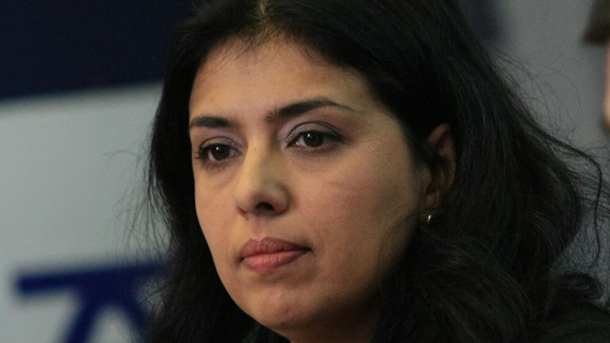Is there really a workforce shortage in Bulgaria’s labor market and could workers from third countries be the long-awaited solution, were some of the questions discussed at a forum organized by the Friedrich Ebert Foundation and the "Solidarna Bulgaria" Association. According to the economic expert at the "Podkrepa" trade union, Vanya Grigorova, the real problem of the economy was not the shortage of staff, but the closure or lack of vocational schools to prepare future employees in various sectors. This has become clear from the meetings that trade unions and representatives of the Employment Agency have organised with employers in three Bulgarian cities – Plovdiv, Kazanlak and Varna. According to Grigorova, the low prestige of the worker’s profession also hinders applying for similar positions in enterprises and industries. She also commented on the calls of the business for central planning, which would oblige every student who graduated from a specialized school or a technical school to work in an enterprise according to his training. Although temporary, such a proposal could alleviate the crisis of shortage of personnel, but only under certain guarantees provided by employers. Without such a commitment, the measure would once again postpone the inevitable debate on the issue. All aspects of the problem have been described in detail in a report which also contains concrete proposals for legislative changes:
 “First of all, we must stop labor migration and mobility, that is, stop the efforts for importing third-country workers, the author of the report Vanya Grigorova says. Second – reviving vocational schools, but with a guarantee from employers that students will have employment and decent remuneration. The third important thing is for employers to be obliged to declare their vacancies to the labor offices. This will allow workers to have a clear picture of the situation at the moment, while the government will have information in which areas there was shortage of staff, and what salaries are. We believe that these three steps will produce good results and will not allow Bulgaria to pull Europe and the level of European salaries down, because that is exactly what happens if we continue to do that.”
“First of all, we must stop labor migration and mobility, that is, stop the efforts for importing third-country workers, the author of the report Vanya Grigorova says. Second – reviving vocational schools, but with a guarantee from employers that students will have employment and decent remuneration. The third important thing is for employers to be obliged to declare their vacancies to the labor offices. This will allow workers to have a clear picture of the situation at the moment, while the government will have information in which areas there was shortage of staff, and what salaries are. We believe that these three steps will produce good results and will not allow Bulgaria to pull Europe and the level of European salaries down, because that is exactly what happens if we continue to do that.”
The topic of the future of international freight was also discussed during the forum. The results of an official poll, conducted among 100 Bulgarians for the purposes of the report, show how drivers feel at their workplaces. Their words debunk the myth of the prestige of the international driver’s profession. Assuming that they receive about 4,000 leva / 2,000 euros / a month, their incomes would provide a good standard of living only for their families in Bulgaria, but not for them abroad where they spend most of their time. A huge problem for drivers is also the fact that their social insurance income is at levels close to the minimum wage for the country and social security contributions are not fully paid. The reason for this is that everything above the agreed salary is paid in the form of daily allowance for drivers to use while on the road. Drivers often work longer hours and tachographs on trucks are often manipulated.
Still, if people of working age choose to stay in Bulgaria, they could find professional realization as, according to the Employment Agency, vacancies on November 5, 2018 were just over 13,000. The number of people registered in the labor offices is 193 000 and for each job position an average of 15 people apply. According to Vanya Grigorova, a large number of jobs do not require special qualifications, but a desire to work.
English: Alexander Markov
Photos: BGNESIn Bulgaria, 71 per cent of 15-year-olds expect to graduate from university and 45 per cent expect to have a managerial or professional position by the time they are 30. Both expectations are below the survey average compared to other countries..
Exactly in one month - on May 26th at 11:00 am in the capital of Denmark - Copenhagen, the 10th anniversary edition of "The Biggest Bulgarian Horo" will take place. The event is organised by the folk dance group "Dilmana". The event will once again..
Citizens of North Macedonia elect president on May 8 With 40.08% in comparison to 19.92% of those who voted in the first round of the presidential elections in North Macedonia, VMRO-DPMNE candidate Gordana Siljanovska..
Bulgarian folk dances from the Pirin region and all folklore areas will be performed on 26 and 27 April at the White Stage Event Complex in the mountain..
In Bulgaria, 71 per cent of 15-year-olds expect to graduate from university and 45 per cent expect to have a managerial or professional position by the..
Citizens of North Macedonia elect president on May 8 With 40.08% in comparison to 19.92% of those who voted in the first..

+359 2 9336 661
